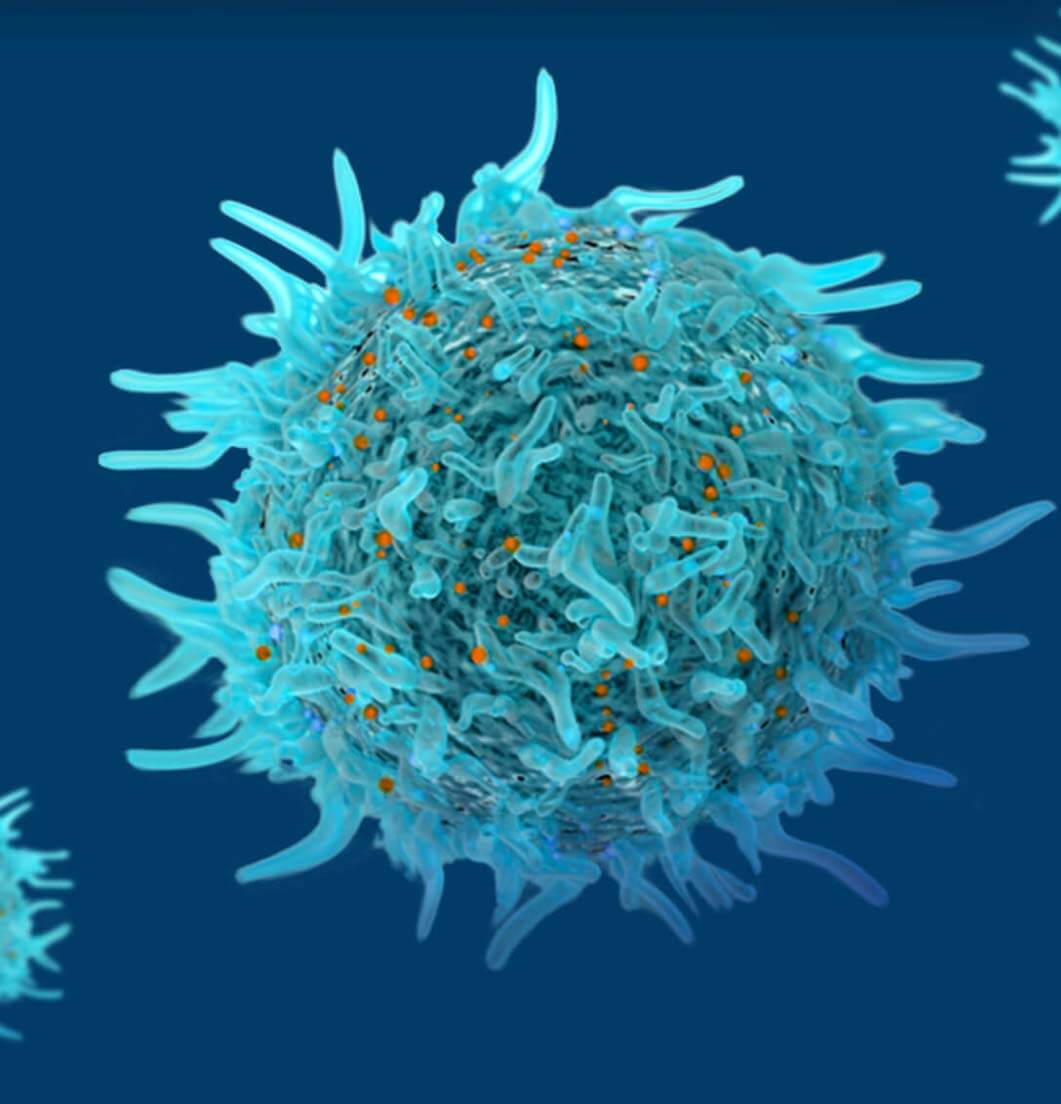Carisma Therapeutics Presents Preclinical Proof of Concept Data Demonstrating the Anti-Fibrotic Potential of Engineered Macrophages at ASGCT 2024
Carisma Therapeutics Presents Preclinical Proof of Concept Data Demonstrating the Anti-Fibrotic Potential of Engineered Macrophages at ASGCT 2024
Novel anti-fibrotic engineered macrophage therapy reduced liver fibrosis in preclinical models
Development candidate nomination expected in the first quarter of 2025
“We are pleased to unveil preclinical proof of concept data for our liver fibrosis program, which highlight the potential of engineered macrophages to combat a prevalent disease that is associated with late-stage metabolic dysfunction-associated steatohepatitis (MASH) and represents a significant unmet need,” said Michael Klichinsky, PharmD, PhD, Co-founder and Chief Scientific Officer of Carisma. “The data, from two independent models, demonstrate that engineered macrophages trafficked to fibrotic tissues, expressed genetically encoded disease-modifying payloads, and significantly reduced fibrosis in the liver. Given these encouraging data, we look forward to further progressing the liver fibrosis program, which is our first expansion outside of oncology.”
In the presentation titled “Genetically Engineered Macrophage Cell Therapy Reverses Liver and Lung Fibrosis in Preclinical Models,” Carisma presented preclinical proof-of-concept data for engineered macrophage cell therapy in liver fibrosis. In liver models, the data showed that a single dose of macrophages co-expressing the anti-fibrotic factor relaxin and the anti-inflammatory cytokine IL10 significantly improved established fibrosis in a CCl4-induced liver fibrosis model, with a 116% reduction in fibrosis relative to untreated control. Also, systemic administration of engineered macrophages co-expressing relaxin and IL10 significantly reduced liver fibrosis in a high fat diet MASH model, with a 45% reduction in fibrosis relative to untreated control. In both models, the relaxin-IL10 macrophage treatment also resulted in a greater reduction in liver fibrosis compared to non-engineered macrophages.
The presentation also included initial data for the use of engineered macrophages in pulmonary fibrosis. The data showed that a single dose of macrophages expressing a dominant negative TGFβ receptor, which nullified pro-fibrotic TGFβ signaling in the lung, prevented fibrosis in a bleomycin mouse model of pulmonary fibrosis, with a 90% reduction in fibrosis relative to untreated control.
Carisma expects to nominate a development candidate for its liver fibrosis program in the first quarter of 2025.
The poster presented at ASGCT 2024 is now available online in the “Publications” section of Carisma’s website at https://carismatx.com/technology/publications/
About Carisma
Carisma Therapeutics Inc. is a clinical stage biopharmaceutical company focused on utilizing our proprietary macrophage and monocyte cell engineering platform to develop transformative immunotherapies to treat cancer and other serious diseases. We have created a comprehensive, differentiated proprietary cell therapy platform focused on engineered macrophages and monocytes, cells that play a crucial role in both the innate and adaptive immune response. Carisma is headquartered in Philadelphia, PA. For more information, please visit www.carismatx.com.
Cautionary Note on Forward-Looking Statements
Statements in this press release about future expectations, plans and prospects, as well as any other statements regarding matters that are not historical facts, may constitute “forward-looking statements” within the meaning of The Private Securities Litigation Reform Act of 1995. These statements include, but are not limited to, statements relating to Carisma’s business, strategy, future operations, cash runway, the advancement of Carisma’s product candidates and product pipeline, and clinical development of Carisma’s product candidates, including expectations regarding timing of initiation and results of clinical trials. The words “anticipate,” “believe,” “contemplate,” “continue,” “could,” “estimate,” “expect,” “goals,” “intend,” “may,” “might,” “outlook,” “plan,” “project,” “potential,” “predict,” “target,” “possible,” “will,” “would,” “could,” “should,” and similar expressions are intended to identify forward-looking statements, although not all forward-looking statements contain these identifying words.
Any forward-looking statements are based on management’s current expectations of future events and are subject to a number of risks and uncertainties that could cause actual results to differ materially and adversely from those set forth in, or implied by, such forward-looking statements. These risks and uncertainties include, but are not limited to, (i) Carisma’s ability to obtain, maintain and protect its intellectual property rights related to its product candidates; (ii) Carisma’s ability to advance the development of its product candidates under the timelines it anticipates in planned and future clinical trials and with its current financial and human resources; (iii) Carisma’s ability to replicate in later clinical trials positive results found in preclinical studies and early-stage clinical trials of its product candidates; (iv) Carisma’s ability to realize the anticipated benefits of its research and development programs, strategic partnerships, research and licensing programs and academic and other collaborations; (v) regulatory requirements or developments and Carisma’s ability to obtain and maintain necessary approvals from the U.S. Food and Drug Administration and other regulatory authorities related to its product candidates; (vi) changes to clinical trial designs and regulatory pathways; (vii) risks associated with Carisma’s ability to manage expenses; (viii) changes in capital resource requirements; (ix) risks related to the inability of Carisma to obtain sufficient additional capital to continue to advance its product candidates and its preclinical programs; and (x) legislative, regulatory, political and economic developments.
For a discussion of these risks and uncertainties, and other important factors, any of which could cause Carisma’s actual results to differ from those contained in the forward-looking statements, see the “Risk Factors” set forth in the Company’s Annual Report on Form 10-K for the year ended December 31, 2023, as well as discussions of potential risks, uncertainties, and other important factors in Carisma’s other recent filings with the Securities and Exchange Commission. Any forward-looking statements that are made in this press release speak as of the date of this press release. Carisma undertakes no obligation to revise the forward-looking statements or to update them to reflect events or circumstances occurring after the date of this press release, whether as a result of new information, future developments or otherwise, except as required by the federal securities laws.
Investors:
Shveta Dighe
Head of Investor Relations
Media Contact:
Julia Stern
(763) 350-5223

